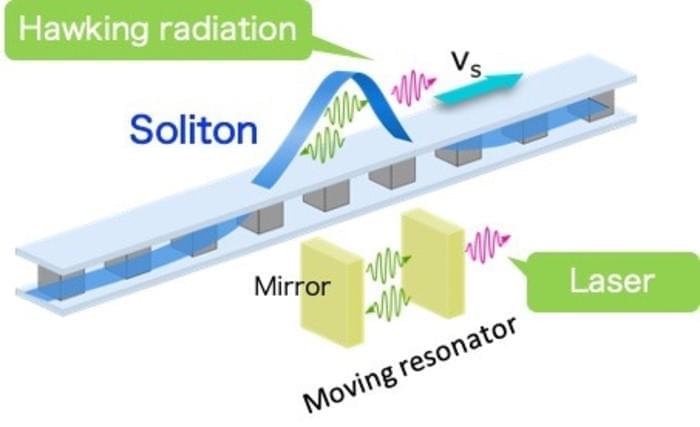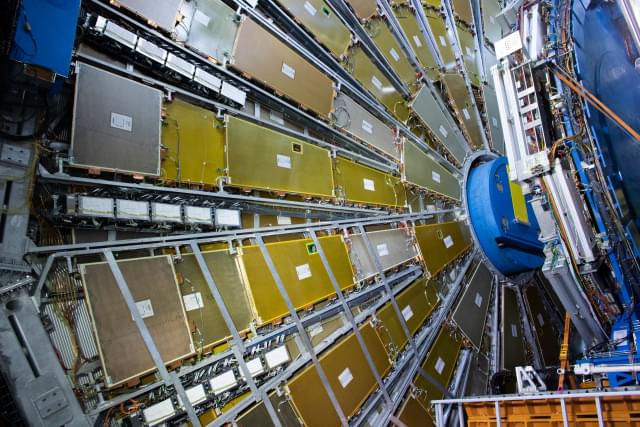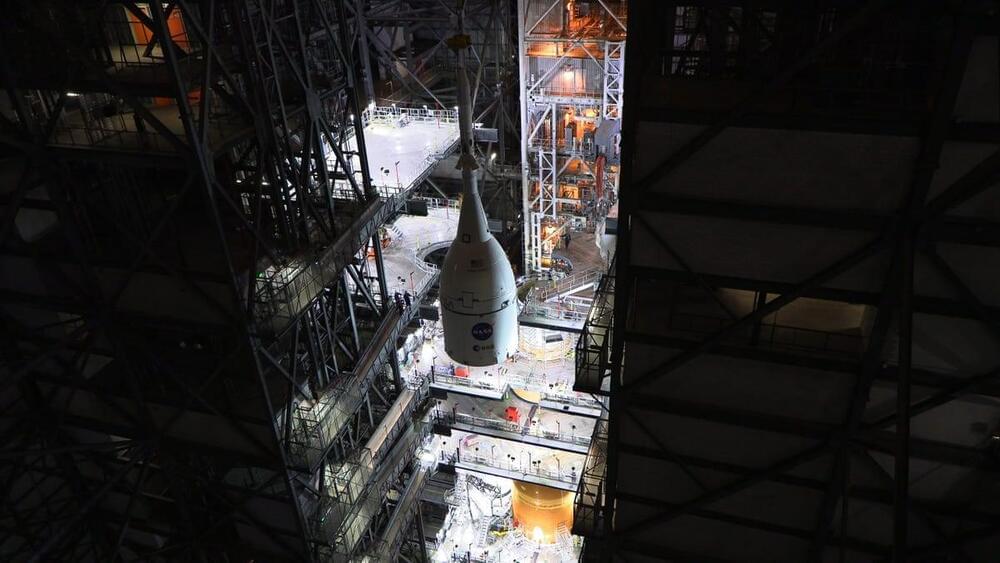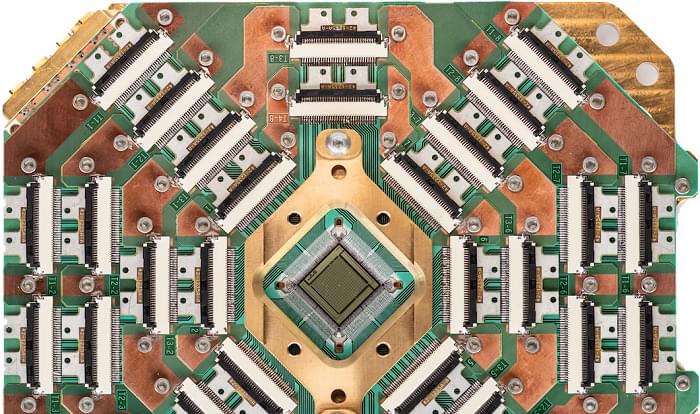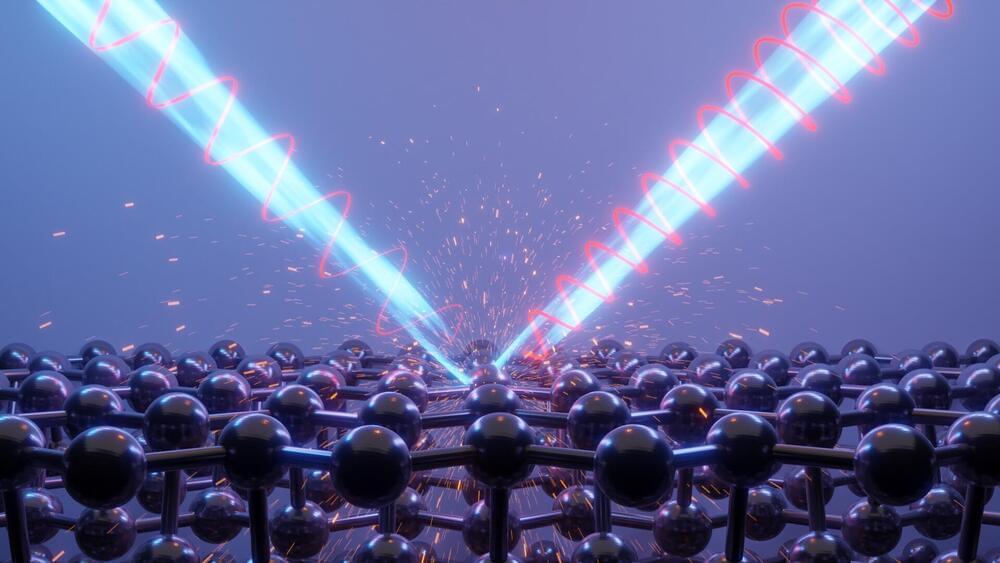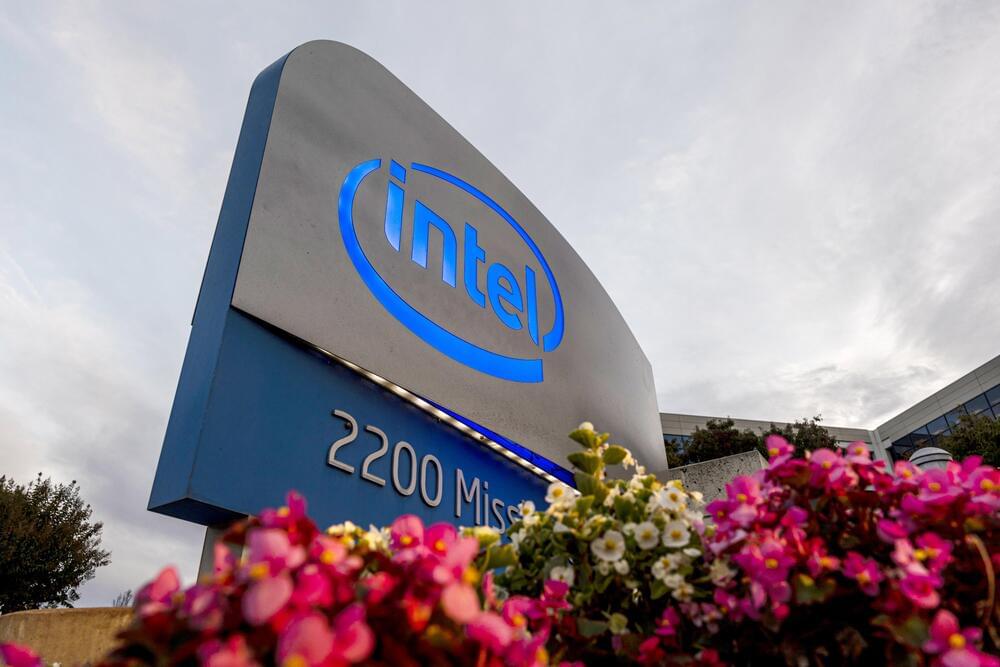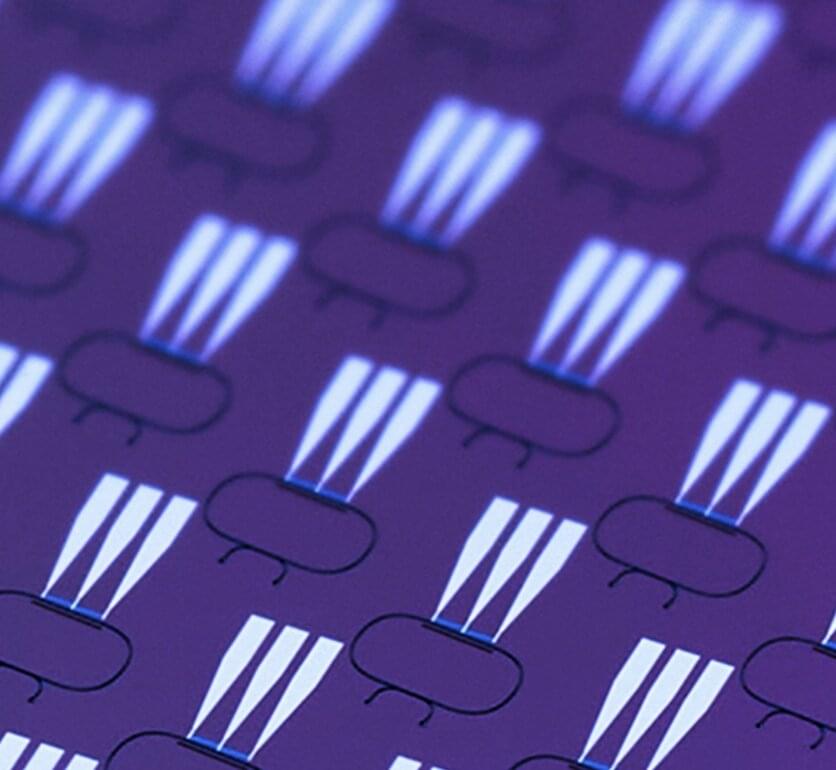Facebook has just announced it’s going to hire 10,000 people in Europe to develop the “metaverse”.
This is a concept which is being talked up by some as the future of the internet. But what exactly is it?
**What is the metaverse?
**
To the outsider, it may look like a souped-up version of Virtual Reality (VR) — but some people think the metaverse could be the future of the internet.
In fact, the belief is that it could be to VR what the modern smartphone is to the first clunky mobile phones of the 1980s.
Instead of being on a computer, in the metaverse you might use a headset to enter a virtual world connecting all sorts of digital environments.
Unlike current VR, which is mostly used for gaming, this virtual world could be used for practically anything — work, play, concerts, cinema trips — or just hanging out.
Most people envision that you would have a 3D avatar — a representation of yourself — as you use it.


